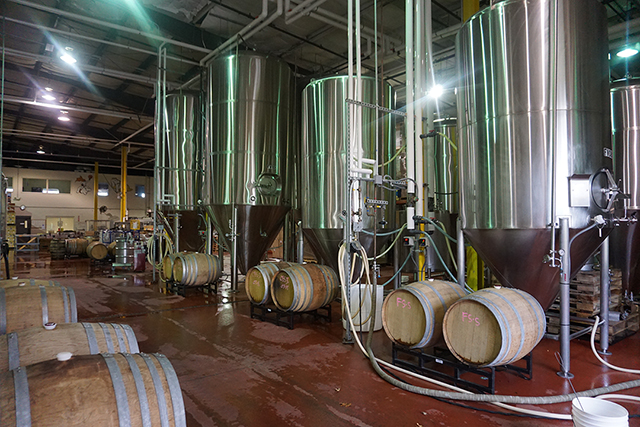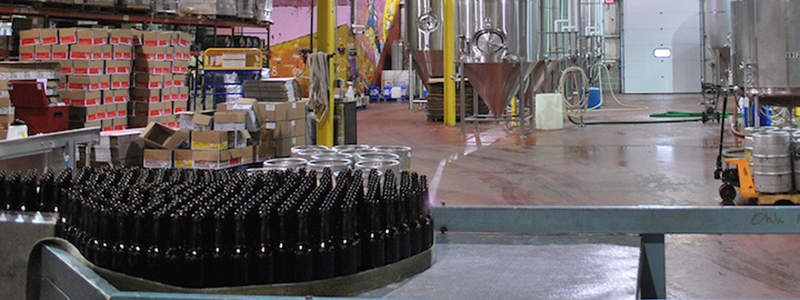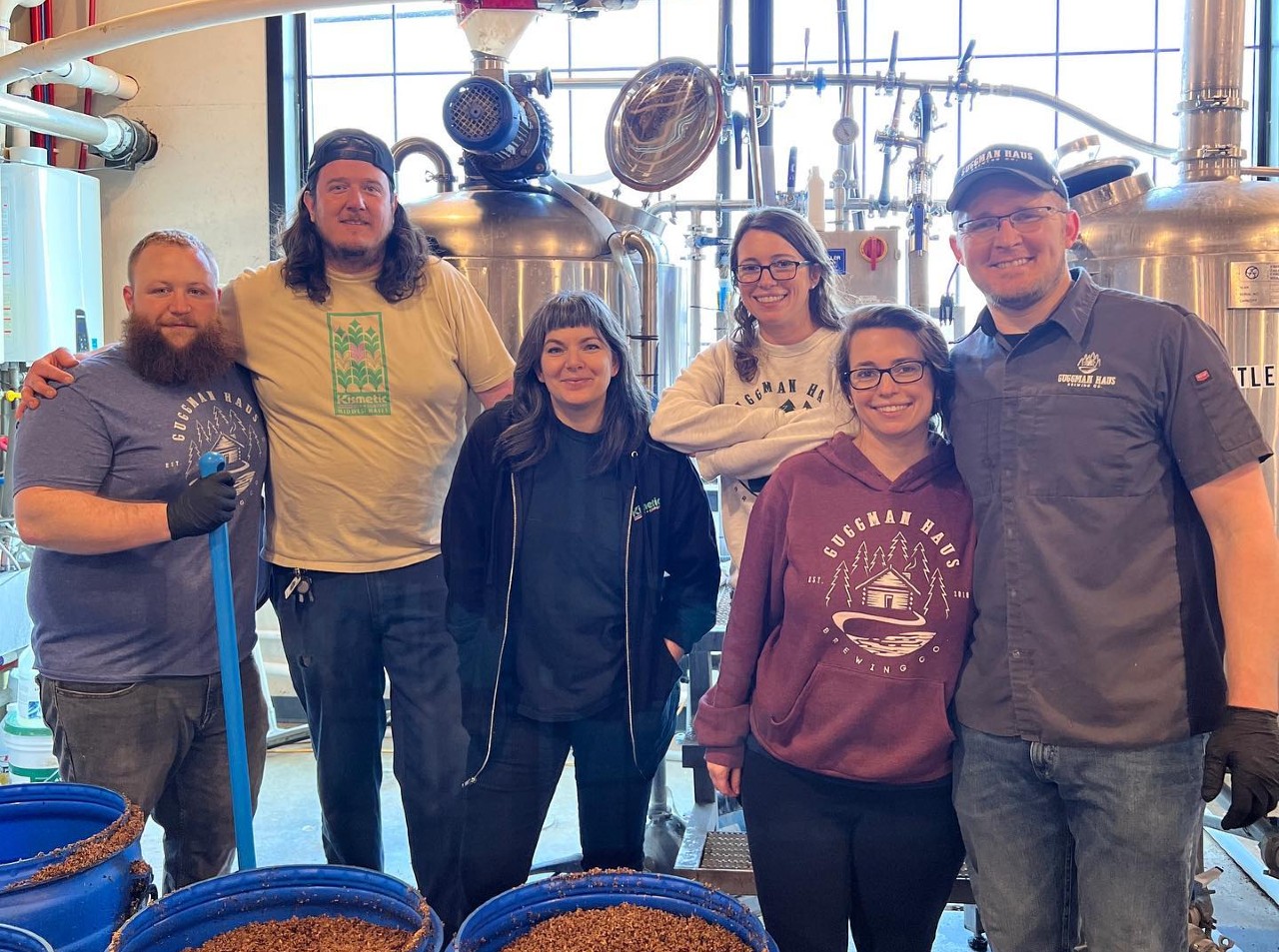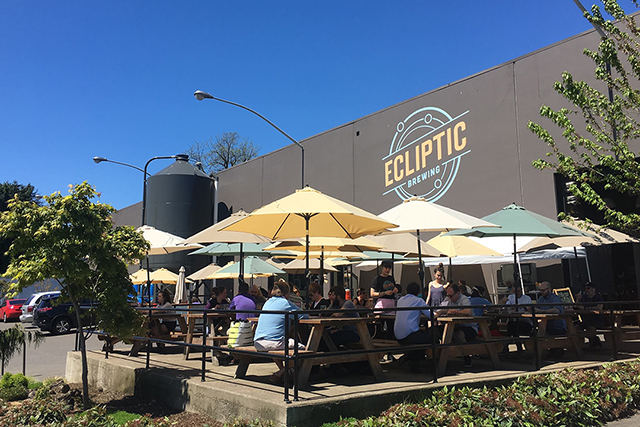
Knowing the brewing world is one thing, knowing the legalities of your brewing world is a whole other animal.
Federal, state and local laws can dictate what goes on inside the walls of a brewery, what goes out of a brewery and how it gets out of the brewery, at it starts before you even open your doors.
Each state is different and it can be vital that when someone seeks legal counsel that they find an attorney or law firm that is familiar with beer franchise law. That’s different than standard franchise law, because most beer franchise law cannot be waived, especially in the form of distribution.
Many standard contracts from distributors state rights and benefits to the brewery that could never be enforced when the time came. Sometimes the distributors know that and sometimes the distributors do not know the law themselves. That’s why having the right kind of legal representation can be so crucial.
“I feel we do that well, because it’s based on a long protracted negotiation before we get into a relationship with a distributor,” said Alaskan Brewing’s Andy Kline, the brewery’s Communications Manager.
In more than 30 years, the Juneau, Alaska brewery has only entered less than half of the states in the US, most staying in the Pacific and Mountain Time Zones.
Using the same law firm since before opening in 1986, Alaskan has worked and grown with the same lawyer group.
“They have expanded our role with us and the market research we do,” Kline said. “There isn’t a book out there for the legal landscape for each state, it changes all the time and they are all complex. There are judgment calls all the time.”
Keeping in compliance with state and federal laws is huge, and a constant hassle said River Horse Brewing owner Chris Walsh.
“The most frustrating thing is that it’s a moving target and no one can define what that target is,” he said.
Walsh did say that keeping an open communication line has been key. And even with online means of making contact, picking up the phone seems to work best in getting an answer quicker than shooting off an email into cyberspace.
“Let them know what you are doing and document what they say,” Walsh said. “Sure, confirm it in an email but if you shoot an email to the TTB and wait for them to tell you something, it ain’t going to happen in any sort of timely fashion. [A lot of answers are] gray and you sort of have to take that into consideration when getting your answer.”
Walsh noted that asking yourself: ‘Are we defensible? Are we doing our best efforts?’ Are great questions to ask yourself when dealing with a legal matter.
“You can’t ignore what goes through the cracks, but if you are growing in the right direction, you are doing good. If you call the ABC you can get a different answer depending on who you talk to. So it’s a constant battle, especially if you are in different states because those requirements do change.”
Some of the ongoing legal issues that breweries must be mindful of are wastewater and storm water permits; permits with the Department of Agriculture, along with state alcohol licenses, state label approvals; TTB requirements (in volume testing on bottles and reports and alcohol testing on brands) and TTB- and state-level permits for sites of operation.
Getting legal help across all areas is important, said Otto Dilba, a co-founder of Ale Asylum.
“It’s important to find an attorney that provides good general counsel across a multitude of areas, but also has connections for those legal specialties for which they aren’t well versed,” he said. “For example, our general counsel is not specialized in trademark battles but with his connections to other law firms that specialize in this we have been well represented regardless of his lack of specialization in this area.”






Be the first to comment